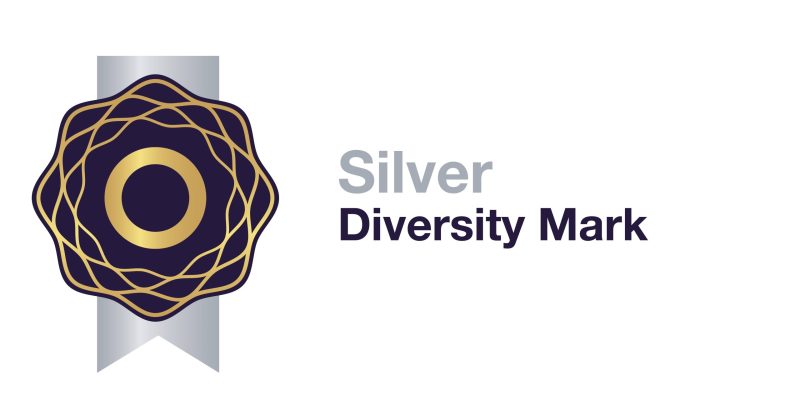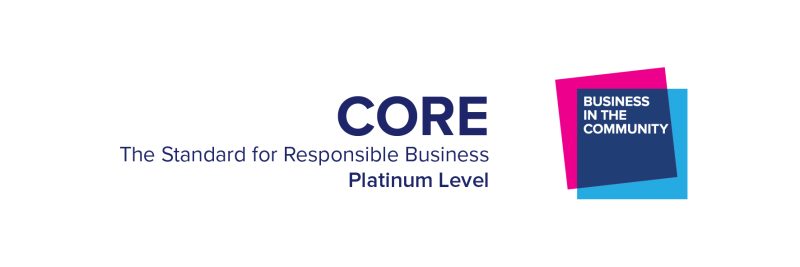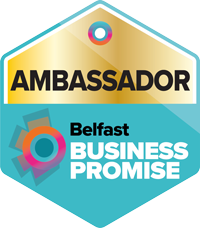Port People- Kevin Allen
Port People: a look at the wide variety of careers available at Belfast Harbour. This month we speak to Assistant Property Executive Laura Morgan.
Position: Harbour Master
1. What does your average working day entail?
This may be clichéd but there is no such thing as an average day. It usually starts before 8 and finishes as soon after 5 as commitments allow, but since we are a 24/7/365 business, having a primary operational role also means that work will sometimes follow you home. Also Belfast Harbour is such a diverse port, handling all major trade sectors; including a major dry dock, offshore renewable infrastructure, even an airport every day provides a new and interesting challenge or challenges.
Though in general terms it can be summed up as, co-ordinating and managing a team of people to safely and efficiently deliver the marine aspects of our business.
2. What qualifications are required for your job?
The Port Marine safety Code states that a Harbour Master must be competent and a suitably qualified person, with sufficient experience for the role. It is therefore up to each harbour authority to determine what this means in practice.
For most busy or large ports this usually means that they must have substantial sea going experience including that as a ship’s master, which requires a Class 1 Certificate of Competency (Deck). However with the declining interest in careers at sea the whole maritime industry faces a challenge to find such people to fill roles today and into the future. With this in mind The UK Harbour Masters Association has introduced a voluntary Harbour Masters certificate which is endorsed by The Maritime and Coastguard Agency to assist professional development and provide a certificate of competency as a support or alternative to the traditional Class 1.
3. What other skills do you need in your role?
Those of a Premier League referee, coupled with that of a UN negotiator, supported by wisdom from the Book of Job.
4. What’s the best thing about your job?
Belfast Harbour is a major economic driver and facilitator for the region and therefore it is working with Port stakeholders and our own team of staff to contribute to the success of their business and our own.
5. What’s the most common question people ask when they find out what you do?
Do you run the Port?
6. What advice would you give to those considering a career in your profession?
The traditional route to becoming a Harbour Master usually involves an initial career in the Merchant Navy as a deck officer and in my case this career lasted 24 years before I came ashore. This type of profession is less attractive to today’s generation of school leavers for reasons too numerous to mention. But if you were to choose this path today, you should have a career filled with good opportunities both at sea and ashore, as the industry is crying out for competent professionals.


